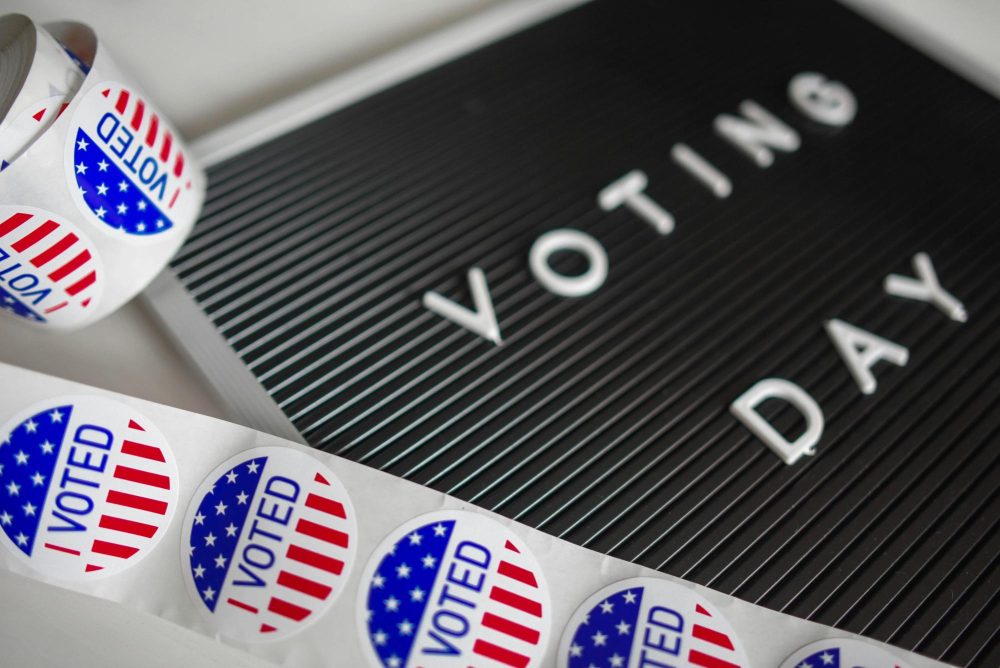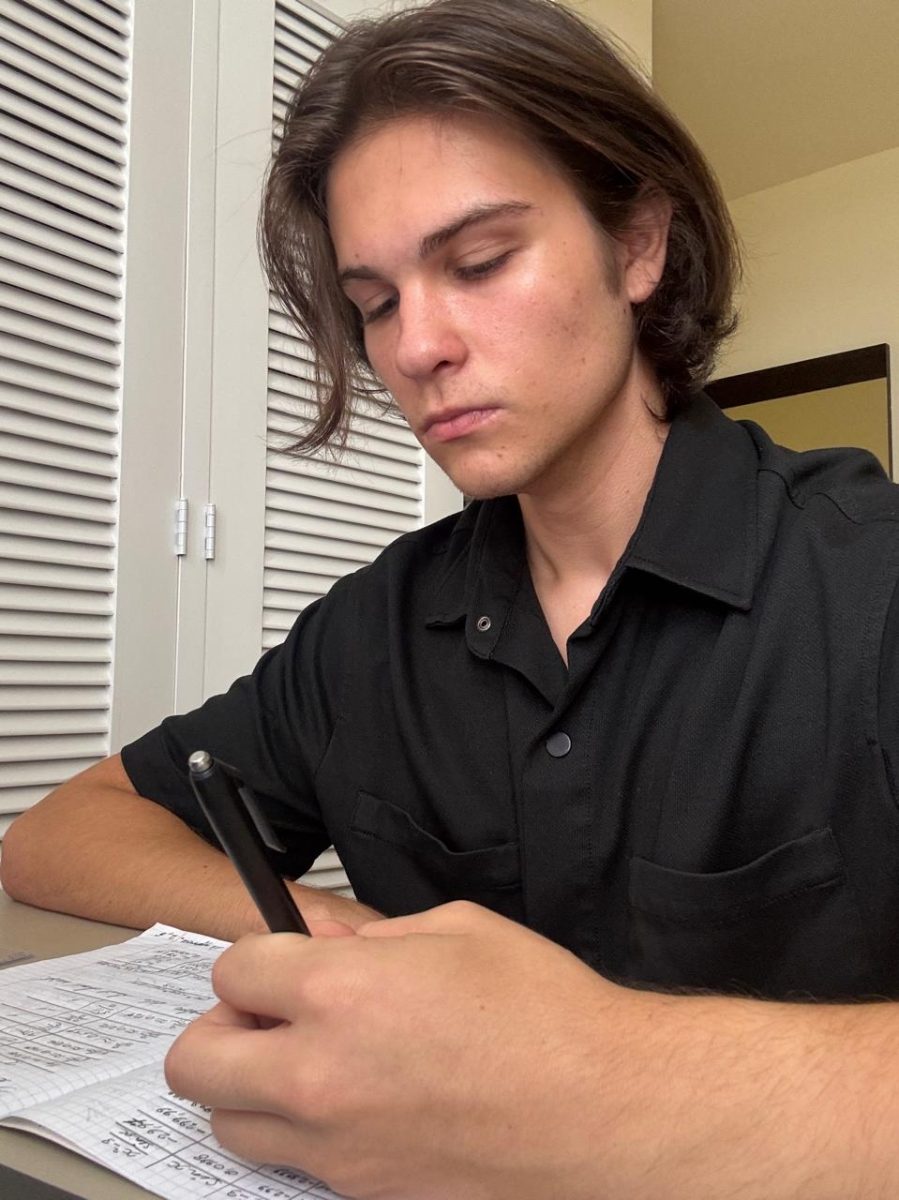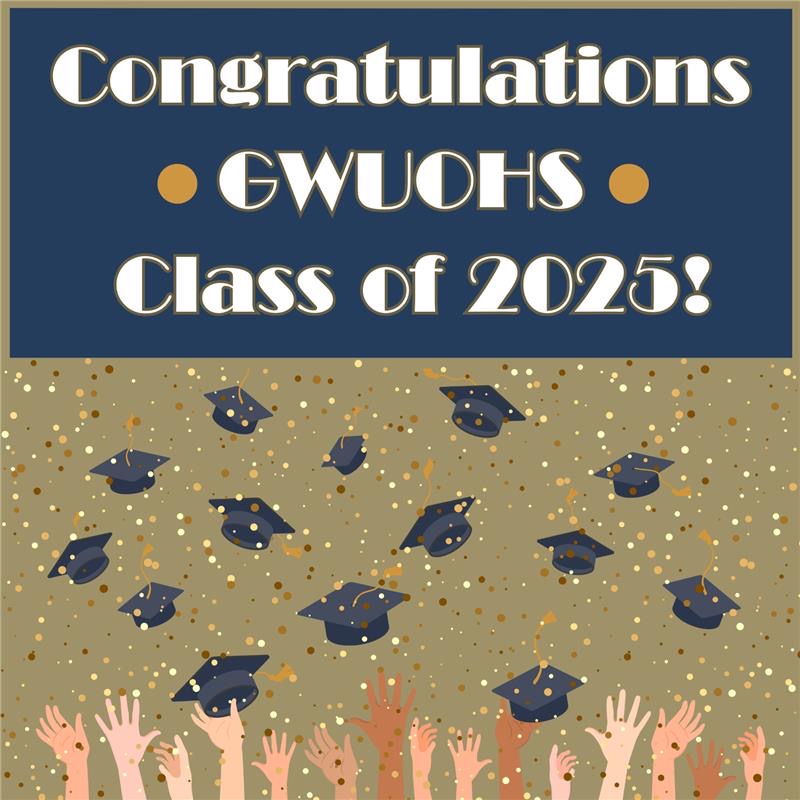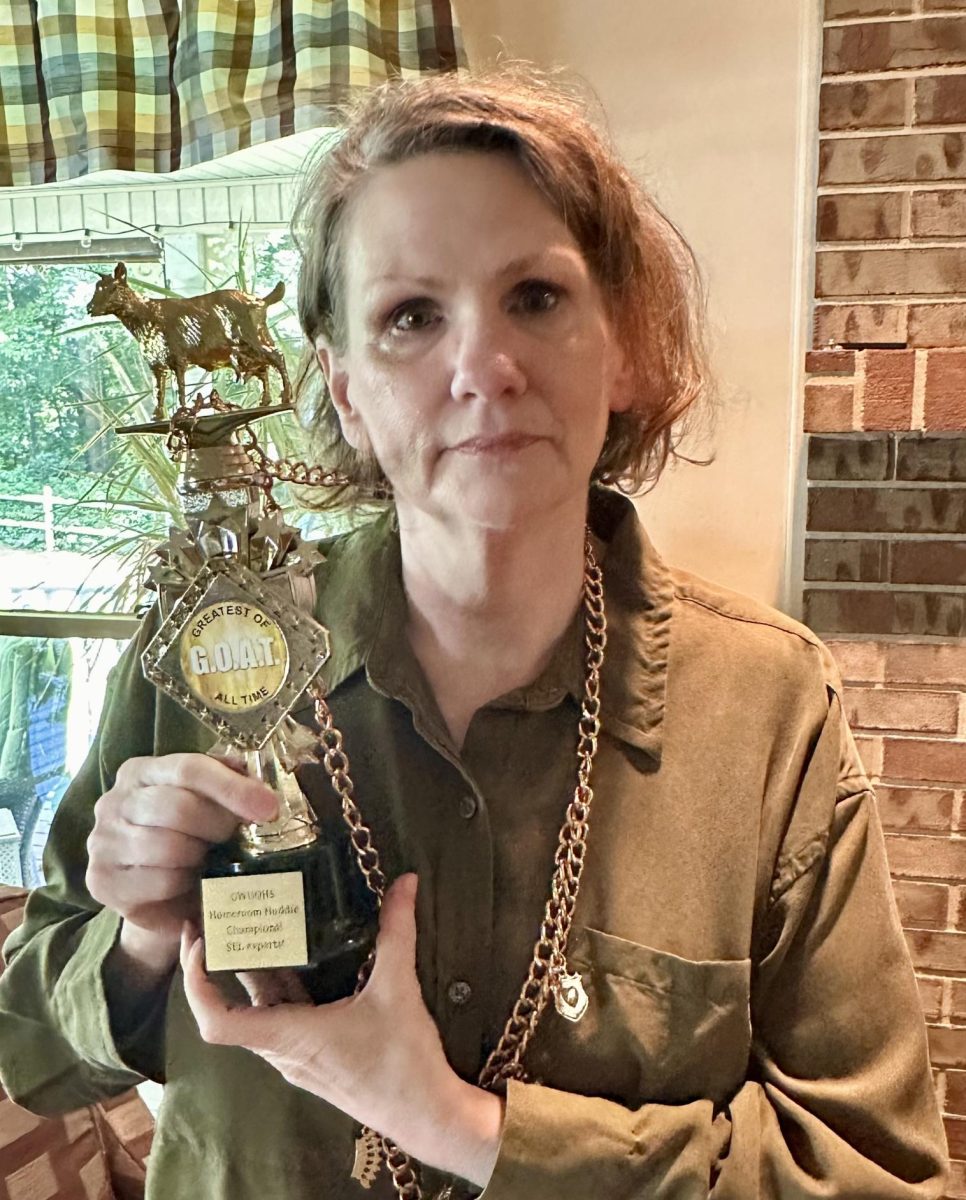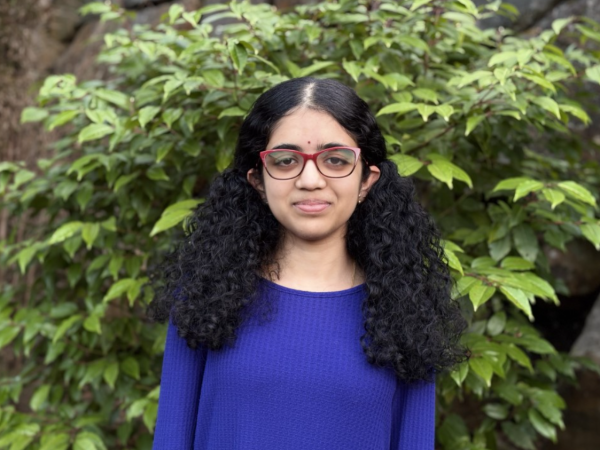Voting season is in the air.
As Election Day in November draws closer, the ongoing presidential race is on many GWUOHS students’ minds, and they are experiencing ambivalent emotions about the U.S. political landscape. While the nomination of Vice President Kamala Harris as the Democratic candidate has invigorated some students, continued conflicts throughout the election season are making many fear the results.
Regardless of their personal political views, most young voters are united by concern for the country’s future.
“I feel like this is a very dangerous election because it’s two completely different roads with scary outcomes on both sides,” sophomore Gianna S. said.
Senior Emma D., who said that she has already registered to vote, worries about the potentially lasting effects of the violence during the election season.
“Especially with the recent news of Kamala’s campaign office being targeted as well as the multiple assassination attempts on Trump, there’s certainly some hysteria growing within the population,” Emma said. “I think that this election is dividing us more than ever and either outcome won’t help solve this issue.”
At the same time, the recent entry of Harris into the presidential race, in place of incumbent President Joe Biden, has caused many to become more invested in the election. Whether or not they support Harris, several seniors are more convinced about the value of their own vote.
As another first-time voter, senior Claire D. was among the students who expressed relief at Harris’ candidacy. Although she had planned to always vote for the Democratic candidate, Claire observed that Harris’ entry changed her outlook from merely choosing from the “lesser of two evils” to voting for someone whom she genuinely appreciates.
Gianna added that Harris is a more competent candidate for the Democratic Party.
“With Biden, I don’t think he was able to become president again,” she said. “But now that Kamala is in … I think more people are leaning towards Kamala because she’s younger, more politically capable.”
On the other hand, Emma — who supports Former President Donald Trump — feels a greater necessity to contribute her vote following Harris’ nomination.
“Harris’ entry made me more inclined to vote because her policies don’t align with my values and priorities for the country,” she said. “Coming from a family of small business owners, I feel that Kamala’s presidency could negatively impact our business and well-being.”
With the continued presence of misinformation and propaganda in politics, young voters can find it challenging to educate themselves about the election. According to the American Psychological Association, repeatedly hearing a piece of fake news can not only reinforce belief in the falsehood but also desensitize people from identifying future instances of misinformation.
The increasing prevalence of meme culture in politics is one example of how misinformation has made its way into this election season. While political memes can assist campaigns with appealing to younger audiences, they can also spread false or incomplete information. This is especially true when voters rely on social media as their sole news source.
“It feels like more people are voting with the memes in mind,” Claire observed. “But at some point, we need to step away from the memes and look at their policies and look at what these candidates are actually going to do for us, instead of voting for whoever just has the biggest moment.”
Emma echoed this sentiment and pointed out that memes can cause campaigns to appear unprofessional.
“I love a good meme here and there, but there are times when I feel that meme culture affects a candidate’s credibility,” she said. “There are many times when a meme explodes, making it easy to be taken out of context and bring a lot of bad representation to a candidate.”
As they approach a new milestone in their lives, it is crucial for students who are legally eligible to vote to educate themselves well before casting their ballots in November. Daniel Kelly, who is the U.S. Government and Politics teacher at GWUOHS, believes that being an informed voter increases confidence and productivity. He shared some advice on how students can prepare to vote.
“It goes beyond trying to understand the general campaign ads and watching TV news stations,” Kelly said. “Once one is an informed voter, then you can be engaged in politics [at] a productive level for the better of the country. Explore candidates’ voting records, past speeches and try to understand from various sources the main issues of the voting cycle. This takes a lot of time, but it will make you an informed voter.”
Students can access information about registering to vote and combatting election misinformation.

